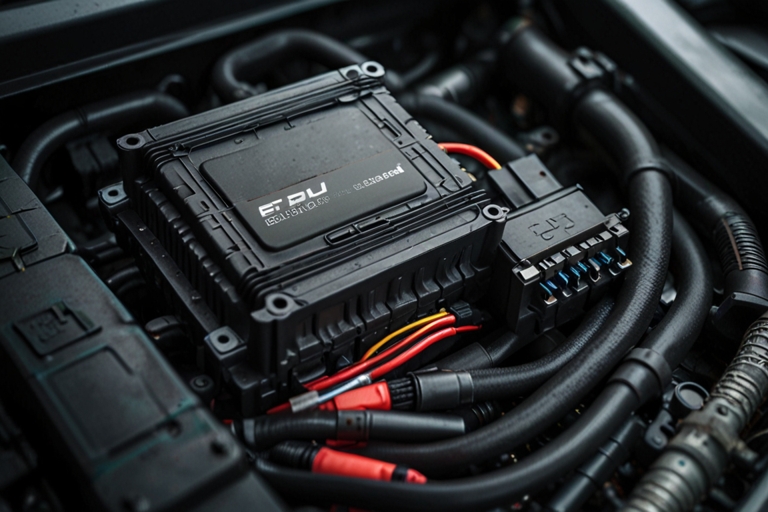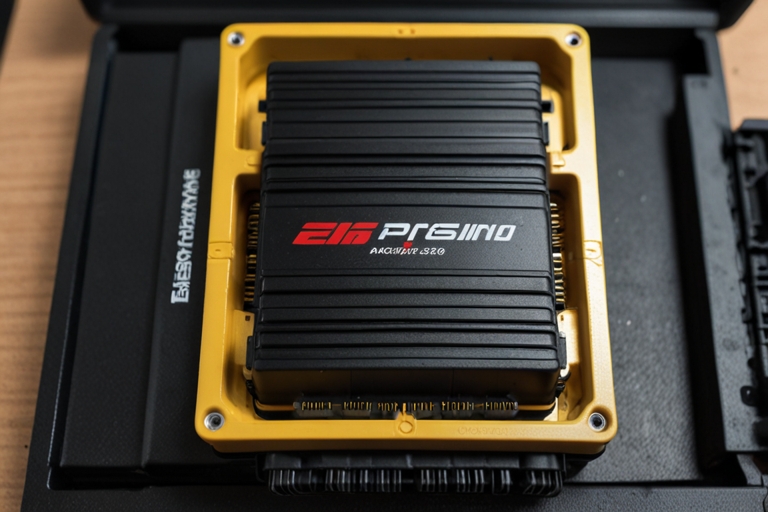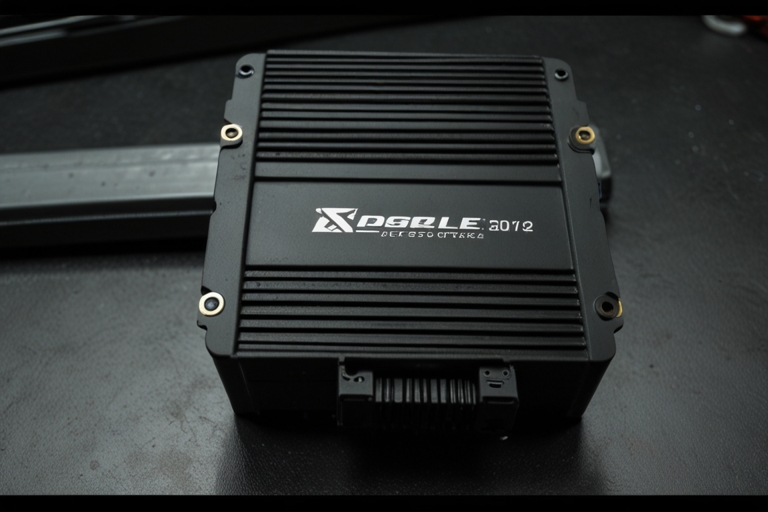An Engine Control Unit (ECU) is the brain of your car. It controls engine functions like fuel injection and ignition timing. Without it, your car would not work properly. The E38 ECU is a popular model found in many vehicles. It is known for its reliability and advanced features.
Cloning an E38 ECU can save you money and time. It copies all data from your current ECU to a new one. This process is helpful if your ECU is damaged or needs an upgrade. In this guide, you will learn everything about the E38 ECU cloning process.

What is the E38 ECU?
The E38 ECU is a powerful control unit. It manages your car’s engine for better performance and fuel efficiency. It processes data quickly and adjusts engine settings in real-time. This makes it ideal for modern vehicles that need precision.
Many car enthusiasts choose the E38 ECU for its flexibility. It supports custom tuning and advanced modifications. This lets drivers achieve better speed, power, and control. Understanding its functions is key to making the most of it.
Why Clone an E38 ECU?
Cloning an E38 ECU helps when your original ECU is damaged. Instead of buying a new one, you can clone it. This saves money and avoids reprogramming your car’s settings. It ensures that all original data is preserved.
For performance upgrades, cloning is also useful. You can transfer custom settings to a new ECU without starting over. This is perfect for people who want to keep their car’s unique features. Cloning keeps everything intact.
Benefits of E38 ECU Cloning
Cloning offers many benefits. First, it is cost-effective. Buying a new ECU can be expensive, but cloning is a cheaper option. It also saves time because you do not need to reprogram the ECU from scratch.
Second, it preserves original settings. Your car’s performance maps and customizations stay the same. This is great for those who love their current setup. Cloning ensures your vehicle performs at its best after the switch.
Tools Needed for ECU Cloning
To clone an E38 ECU, you need specific tools. First, you need a programming device like KESS or KT200. This tool connects the ECU to your computer. It is essential for reading and writing data.
You also need software to handle the cloning process. Programs like PCM Hammer and WinOLS are good options. These tools allow you to copy data from one ECU to another. Make sure you have the correct software for your ECU model.

Preparing for the Cloning Process
Before you start cloning, preparation is key. Backup your original ECU data first. This ensures you can recover it if anything goes wrong. Always save the backup on a secure device.
Next, check compatibility. Ensure the new ECU matches your vehicle’s model and firmware. This avoids errors during cloning. Preparation makes the process smoother and safer.
Step-by-Step Guide to Cloning an E38 ECU
Step 1: Connect the ECU. Use cables to link the ECU to your computer. Make sure all connections are secure before starting.
Step 2: Read and save original data. Use the software to extract data from your ECU. Save it on your computer for safekeeping.
Step 3: Transfer data to the new ECU. Load the saved data onto the replacement ECU. Follow the instructions carefully to avoid mistakes.
Step 4: Test the new ECU. Install it in your car and check if it works correctly. Make adjustments if needed.
Common Mistakes to Avoid
Skipping the compatibility check is a big mistake. If the new ECU does not match, cloning will fail. Always confirm part numbers and firmware before starting.
Another mistake is not backing up your data. If something goes wrong, you could lose all settings. A backup is your safety net during the cloning process.
Future Benefits of E38 ECU Cloning
Cloning an E38 ECU offers long-term benefits. It ensures your car remains functional even if the original ECU fails. This reduces downtime and keeps you on the road without delays.
In the future, ECU cloning can also support performance upgrades. As new technologies emerge, cloning allows you to adapt your ECU to meet modern standards. It is a smart investment for car enthusiasts.
Troubleshooting Issues
Sometimes, errors can occur during cloning. If the software fails to read data, check your connections. Loose cables are a common problem. Fix them and try again.
If the new ECU does not work, recheck the firmware version. An outdated version may cause compatibility issues. Updating it can solve the problem.
DIY vs. Professional ECU Cloning
Doing it yourself is cheaper and gives you control. If you have the tools and knowledge, DIY cloning is a good option. It is also a learning experience.
However, hiring a professional offers peace of mind. They have experience and can handle complex issues. If you are unsure about the process, a professional is the safer choice.
Risks of ECU Cloning
One risk is data corruption. If the process is interrupted, your ECU data could become unusable. This highlights the importance of backups and careful steps.
Another risk is legal issues. In some regions, ECU cloning may have restrictions. Always check local laws before starting. Understanding these risks helps you proceed with caution.
Conclusion
Cloning an E38 ECU is a practical and efficient solution. It saves money, preserves settings, and supports performance upgrades. With the right tools and knowledge, you can complete the process successfully.
This guide has covered everything you need to know. From tools to troubleshooting, you are now equipped to handle ECU cloning. Follow the steps, avoid mistakes, and enjoy the benefits. Your car will thank you.
FAQs
1. What is ECU cloning?
ECU cloning copies data from a damaged ECU to a new one. This process preserves original settings and saves time.
2. How much does it cost to clone an E38 ECU?
DIY cloning costs $50 to $200, depending on tools. Professionals charge around $300 or more.
3. Is ECU cloning legal?
Laws vary by location. Check your region’s rules before cloning an ECU.
4. Can I clone any ECU?
Not all ECUs can be cloned. Compatibility and the right tools are crucial for success.
5. What happens if cloning fails?
If cloning fails, use your backup data to restore the original settings. A professional can also help fix the issue.
Notcutejane: A Comprehensive Guide
4082626186 – Discover Who’s Behind This Mysterious Number
About Cricket Rawymestoruxaz: Secrets, Facts, And History
Discover All About Zaqrutcadty7 Bonus: Tips, Tricks & Benefits





3 thoughts on “E38 Ecu Clone: A Comprehensive Guide”